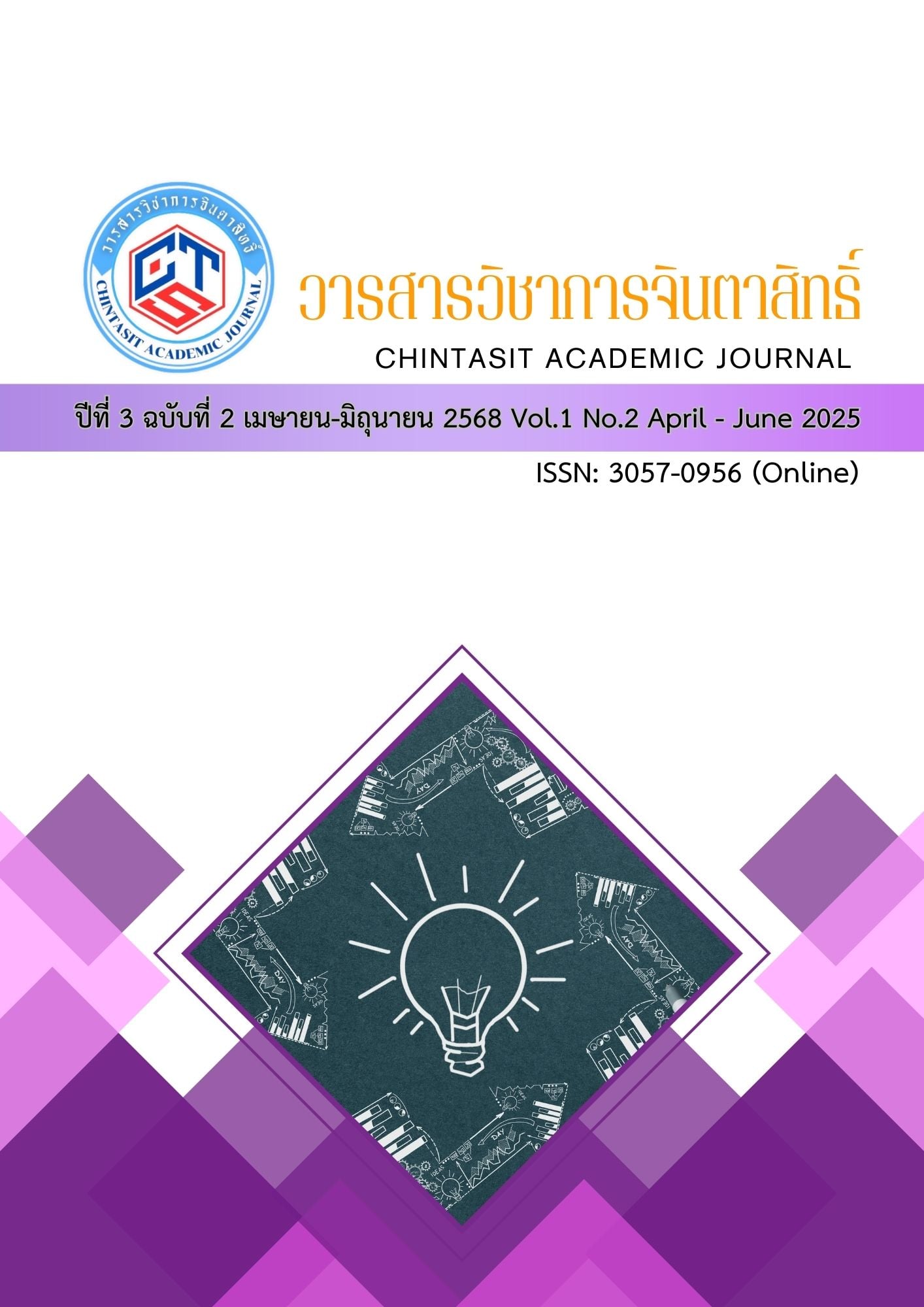A STUDY OF SOCIAL LEARNING APPROACHES THROUGH DIGITAL PLATFORMS TO ENHANCE SOCIAL SKILLS
Main Article Content
Abstract
This research aimed to: (1) study a suitable social learning model via digital platforms for secondary school students, (2) analyze the effects of social learning on the development of students' social skills, and (3) propose a digital-platform-based instructional approach to enhance social skills. A mixed methods research design was employed. Phase 1 involved qualitative data collection through literature review and in-depth interviews with 5 teachers and 3 educational experts. Phase 2 utilized an experimental one-group pretest–posttest design involving 60 secondary students.
The findings revealed that an effective social learning model should comprise five key components: creating an interactive digital environment, designing collaborative learning activities, enhancing digital communication skills, integrating regular reflection, and evaluating social behavior alongside academic performance. The post-intervention assessment showed a statistically significant improvement in students’ social skills at the .01 level, especially in communication and cooperation. The study also proposed practical instructional guidelines applicable to real classrooms for fostering students' social competencies.
Article Details

This work is licensed under a Creative Commons Attribution-NonCommercial-NoDerivatives 4.0 International License.
Chintasit Academic Journal is licensed under a Creative Commons Attribution-NonCommercial-NoDerivatives 4.0 International (CC BY-NC-ND 4.0) licence, unless otherwise stated. Please read our Policies page for more information on Open Access copyright and permissions.
References
ณภัทร ชัยบุดดี. (2562). การส่งเสริมความสามารถการทำงานเป็นทีมด้วยการเรียนรู้แบบร่วมมือร่วมกับเว็บสนับสนุน (วิทยานิพนธ์ปริญญามหาบัณฑิต, มหาวิทยาลัยราชภัฏมหาสารคาม).
สุพิศ มีทรัพย์มั่น. (2565). การพัฒนากิจกรรมการเรียนรู้การงานอาชีพตามทฤษฎีการเรียนรู้ทางปัญญาสังคมเพื่อเสริมสร้างความรู้และแรงจูงใจสู่การเป็นผู้ประกอบการสำหรับนักเรียนชั้น มัธยมศึกษาปีที่ 6 (วิทยานิพนธ์ปริญญามหาบัณฑิต, มหาวิทยาลัยนเรศวร).
วราพรรณ กระต่ายทอง. (2558). การพัฒนาหลักสูตรเสริมเพื่อพัฒนาทักษะทางสังคมสำหรับการอยู่ร่วมกันในสังคมพหุวัฒนธรรมของนักศึกษา (วิทยานิพนธ์ปริญญามหาบัณฑิต, มหาวิทยาลัยศิลปากร).
วราภรณ์ จันทร์แจ่ม, & สุภาวดี พรหมบุตร. (2561). การพัฒนารูปแบบการเรียนรู้แบบร่วมมือเพื่อพัฒนาทักษะการเรียนรู้ในกลุ่มสาระสังคมศึกษาและวัฒนธรรม. วารสารวิจัยและพัฒนา มหาวิทยาลัยราชภัฏสวนสุนันทา, 10(1), 45–58.
Bandura, A. (1977). Social learning theory. Prentice-Hall.
Chou, P. N., & Chen, W. F. (2018). Learning to collaborate: A study of the effectiveness of online collaborative learning. Interactive Learning Environments, 26(6), 793–806.
https://doi.org/10.1080/10494820.2017.1324495
Kolb, D. A. (1984). Experiential learning: Experience as the source of learning and development. Prentice-Hall.
Vygotsky, L. S. (1978). Mind in society: The development of higher psychological processes. Harvard University Press.
Wang, M. T., Degol, J. L., & Henry, D. A. (2019). An integrative development-in-sociocultural-context model for children's engagement in learning. American Psychologist, 74(9),


